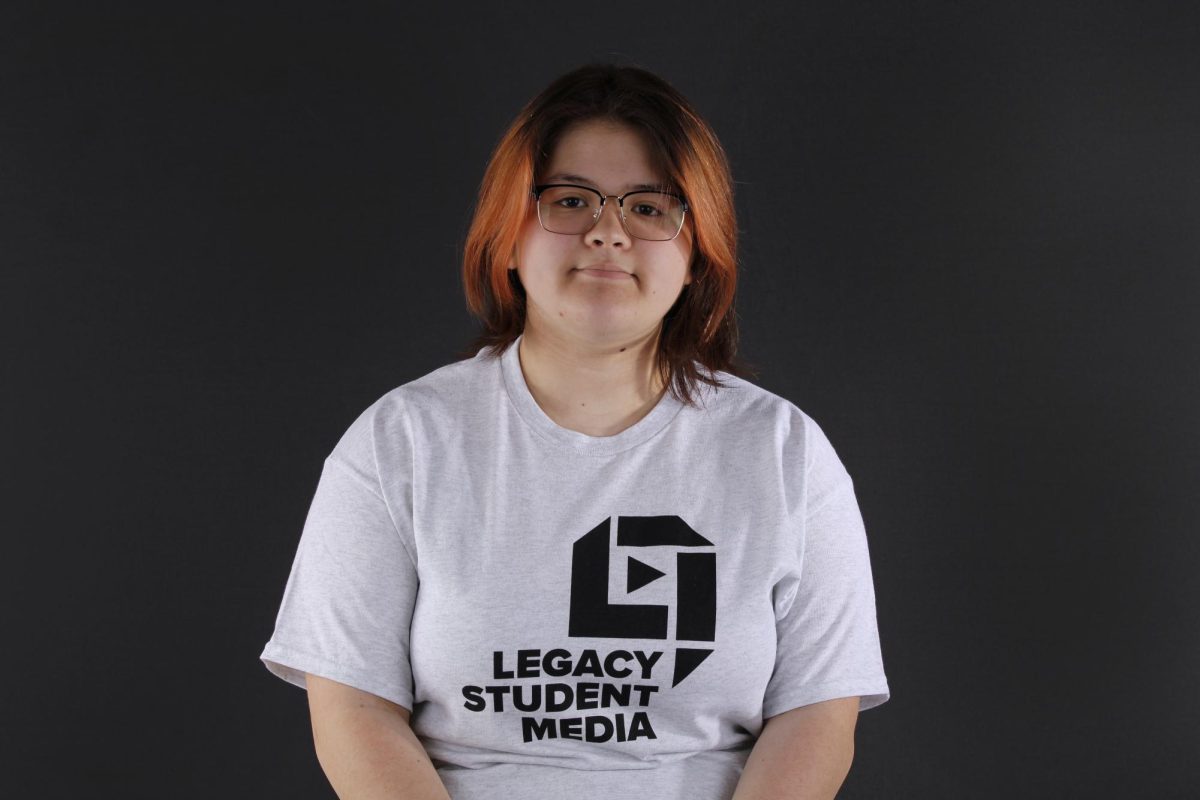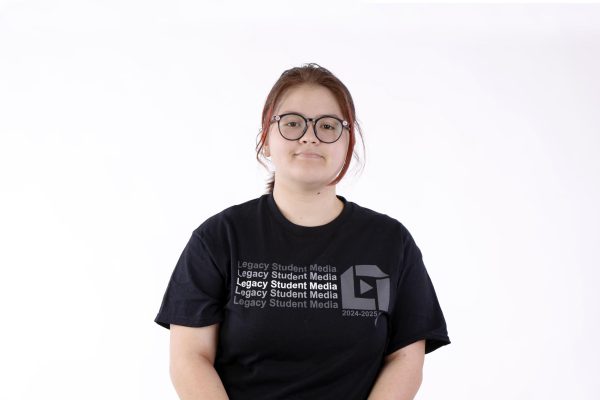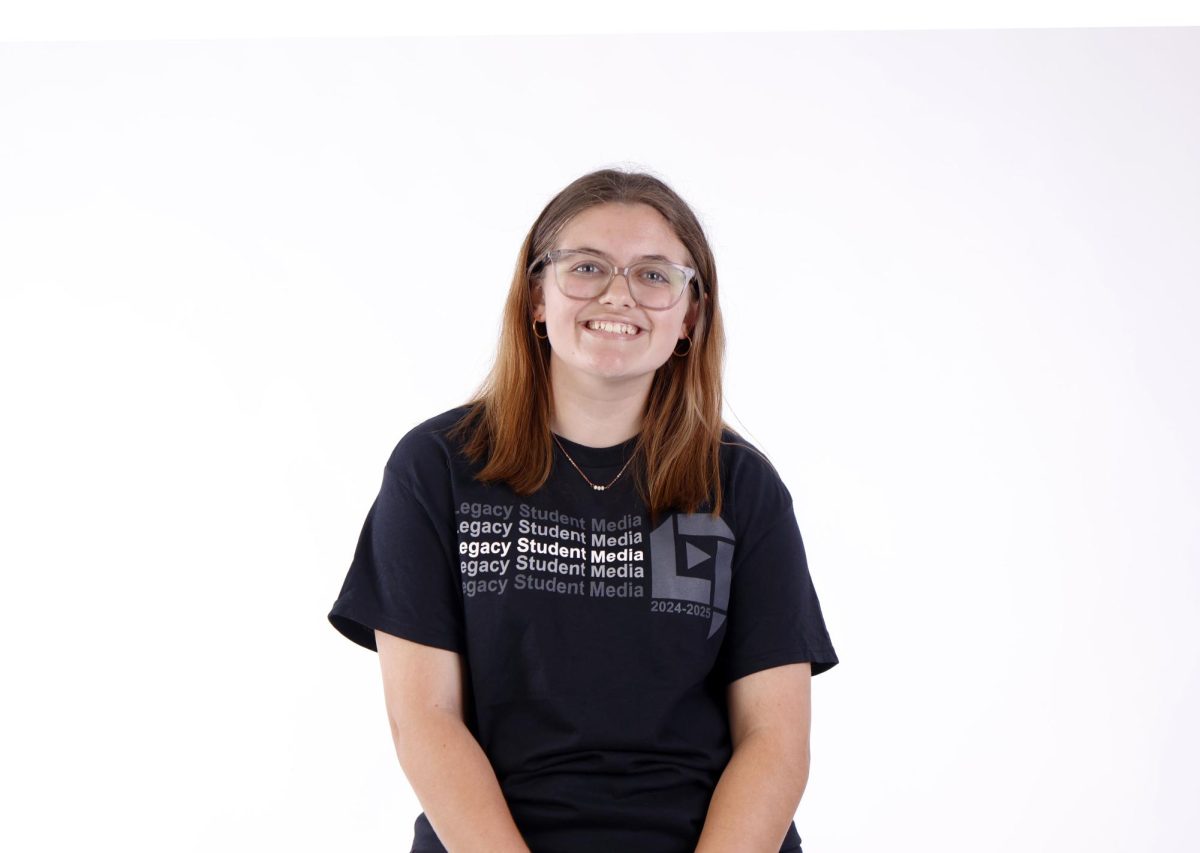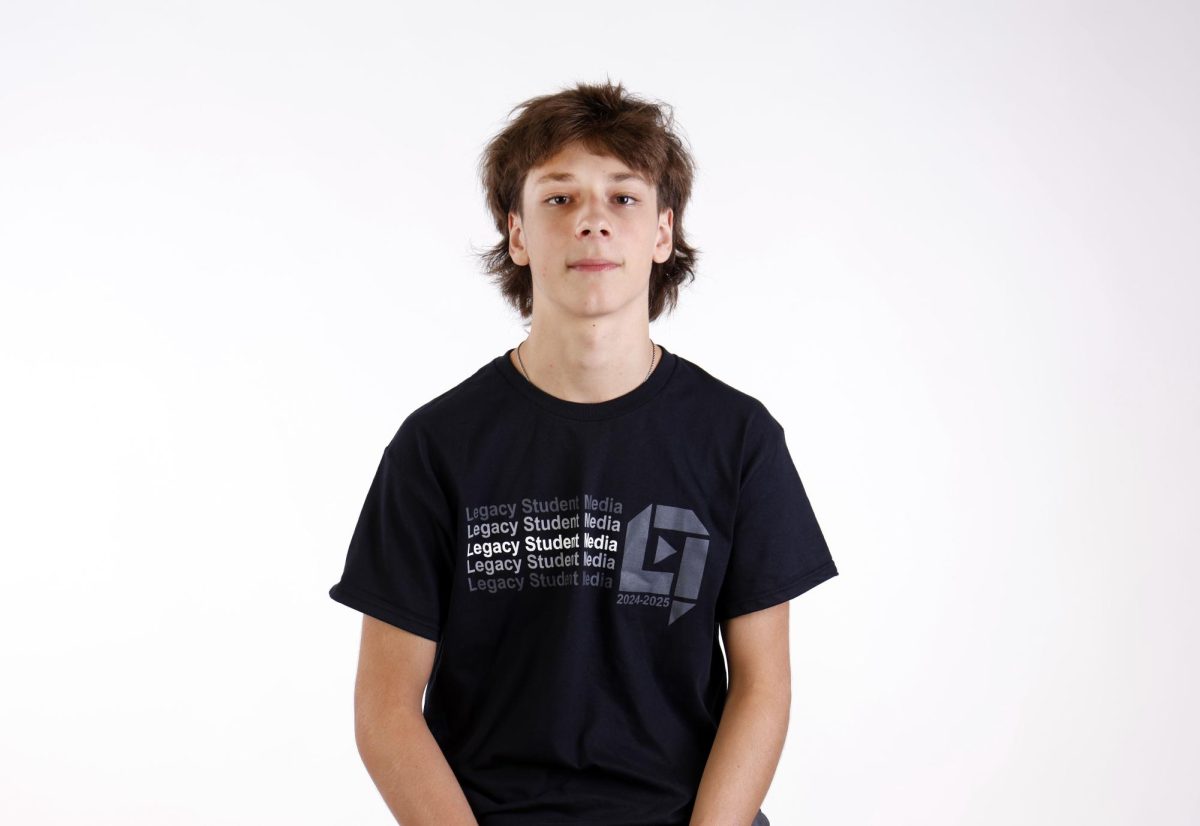From a very young age, I’ve always had a fascination with the horror genre. I have a distinct memory of borrowing a book from the library about urban legends, and returning it after earning a newfound fear of Bloody Mary and my bathroom mirror. I read ‘Goosebumps” books and watched the “Invader Zim” cartoon constantly both known for psychologically scarring generations of kids. My fixation on horrifying media has grown with me becoming bloodier, grosser and even insatiable at times. Internet access in my preteens only fuelled the fire leading me to lists titled “Top 10 Scariest Ghost Movies” and books that claimed they would haunt me forever.
I felt somewhat peculiar, because no matter what I watched or read, nothing ever scared me enough to keep me up at night or give me nightmares. Some things stick with me to this day for their own reasons, but I’ve never been truly and purely scared. I began to ask myself the question, “Why am I so obsessed with horror?”.
Adrenaline, the fight-or-flight hormone, is naturally produced when we feel fear. Our bodies sometimes produce way too much of this hormone, and this results in anxiety and panic attack disorders. After living with an anxiety disorder for years, I’ve learned my brain produces excess amounts of uncontrollable adrenaline whenever we’re faced with a stressful situation. At times, my anxiety feels like an unstoppable force that holds me back, no matter how hard I try to work around it. Horror also triggers fear, therefore adrenaline, albeit to a much lesser degree. The draw of the genre is the stimulating thrill of a jumpscare or the suspense of a chase. We watch scary movies to feel our hearts race and we read creepy books to feel our skin crawl and squirm in our seats. The difference is the control.
When I’m disturbed or frightened by a scary film, the press of a button turns off the TV and the distress fades away. Every part of my fear is in my hands, and I can regulate it the same as all my other emotions. This control contrasts my anxiety where I’m at the complete mercy of my panicked mind with, what feels like, no way out. Scaring myself through fiction allows me to experience that panic and adrenaline on my terms, like my own method of exposure therapy.
There’s more to my love of horror outside of the way it helps me cope with my anxiety. The horror genre often explores the weird and uncanny: ghosts, monsters, murderers and more. Dark and disturbing fiction already sets out to unsettle its viewers, so incorporating real issues is simpler than we think. This layer of separation also helps the audience digest the real themes of the content. Humanity’s issues are often deemed taboo or extreme when talked about explicitly, but packaged underneath ghosts and ghouls, these things are easier to both present and understand.
Darker themes are exactly how I’m able to connect to horror so much. Societal issues impact me in several different ways as a part of my life I had no choice in. I struggle with all of these issues daily, but the discussions presented by horror movies make me feel understood and comforted. Seeing other people struggling and sharing their art, film and literature gives me different perspectives, and I don’t feel alone in my problems anymore.
There’s layers to my fascination with weird and macabre media, and I couldn’t explain it all if I tried. This passion is simply a part of me, and shapes my personality to make me into a complete person. People around me find it concerning sometimes, but I see it as a therapeutic hobby. I urge you to explore all genres of fiction and media because you might find something that really speaks to you.








